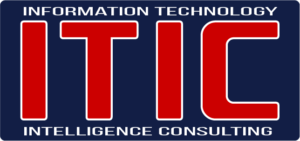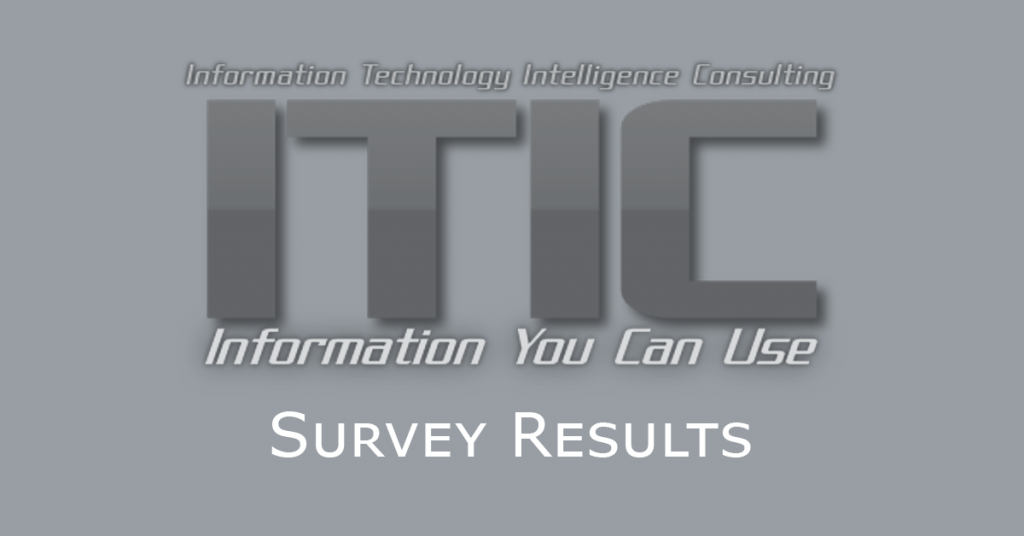ITIC/KnowBE4 Security Survey: 56% of Corporations have no Proactive Response Plan to Deal with BYOD Security Hacks
The Bring Your Own Device trend has created a security “Achilles Heel” for a 56% majority of organizations that have no response plan in place to deal with lost, stolen or hacked BYOD notebooks, tablets and smart phones. And 56% of organizations also acknowledge they are not fortifying their existing security measures, taking extra precautions or implementing security training despite recent high profile security attacks against Fortune 1000 firms like Adobe, Reuters, Target, Skype, Snapchat and others.
Equally alarming is that 50% of companies concede their corporate and employee-owned BYOD and mobile devices may have been hacked without their knowledge in the last 12 months, consequently leaving their datacenter servers and mission critical applications vulnerable to internal and external security breaches. Anecdotal evidence obtained from first person customer interviews indicates that 75% of IT and security managers are now lobbying executive management to construct mobile and BYOD-specific security policies to plug potential vulnerabilities.
Those are among the top findings of the ITIC/KnowBe4 “2014 State of Corporate Server, Desktop and BYOD Security Trends Survey.” The joint independent Web-based survey polled 300+ organizations in February 2014 on a wide range of issues including the organization’s approach to security; the biggest security threats and challenges facing their firms and the company’s preparedness to recognize and react to potential breaches. …

